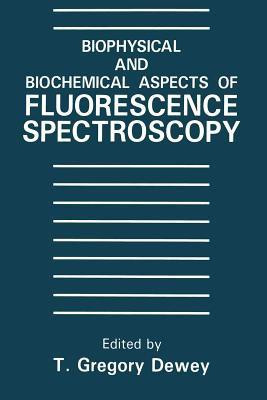Biophysical and Biochemical Aspects of Fluorescence Spectroscopy(English, Paperback, unknown)
Quick Overview
Product Price Comparison
Fluorescence spectroscopy has traditionally found wide application in bio- chemistry and cell biology. Since there are relatively few naturally occurring fluorescent biomolecules, fluorescence spectroscopy offers a combination of great specificity and sensitivity. Historically, these features have been ex- ploited with great success utilizing both intrinsic and extrinsic probes. Re- cent applications have built upon these traditional strengths and have re- sulted in the development of new instrumental techniques, novel and convenient fluorescent probes, and a deeper, theoretical understanding of fundamental processes. Frequently, fluorescence techniques are tailored to attack a specific biological problem. These new methods in turn produce new physical situations and phenomena which are often of interest to the physical chemist. Thus, progress in one area stimulates renewed interest in other areas. The goal of this book is to provide detailed monographs on the use of fluorescence to investigate problems at the forefront of biochemistry and cell biology. This book is not meant to be a comprehensive survey but rather to highlight areas of recent developments. It is designed to be readable to the novice and yet provide sufficient detail for the expert to keep abreast of recent developments. The book is organized so that it proceeds from simple biochemical sys- tems to more complex cell biological ones. Chapter I on fluorescence quenching of biological structures is a good introductory chapter. It intro- duces a number of elementary concepts and discusses applications to pro- teins and biomembranes.


